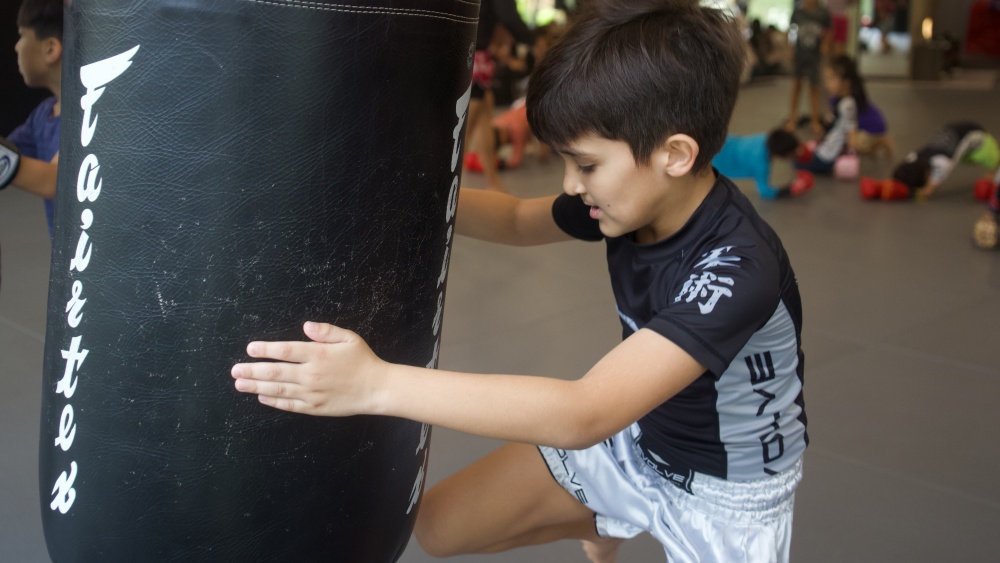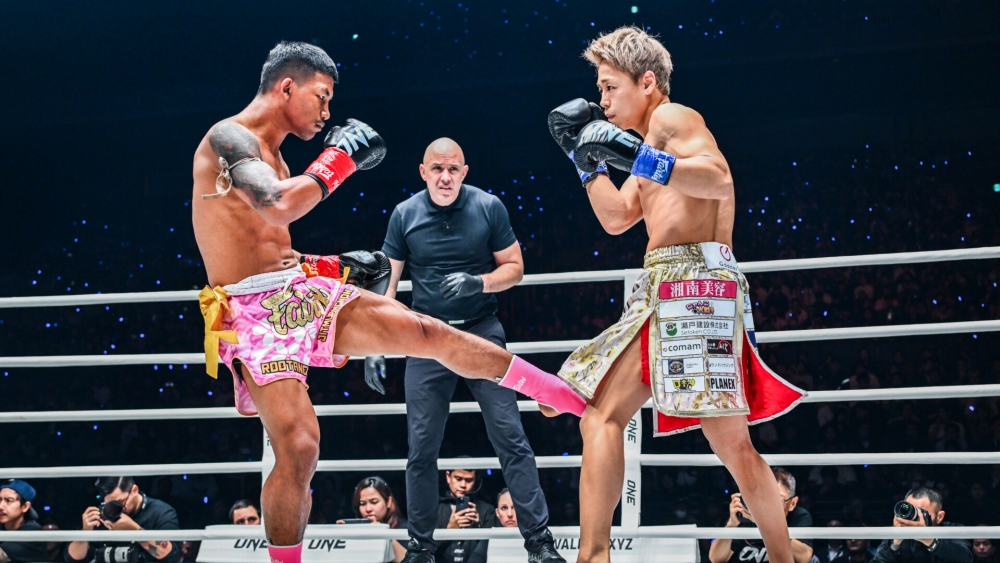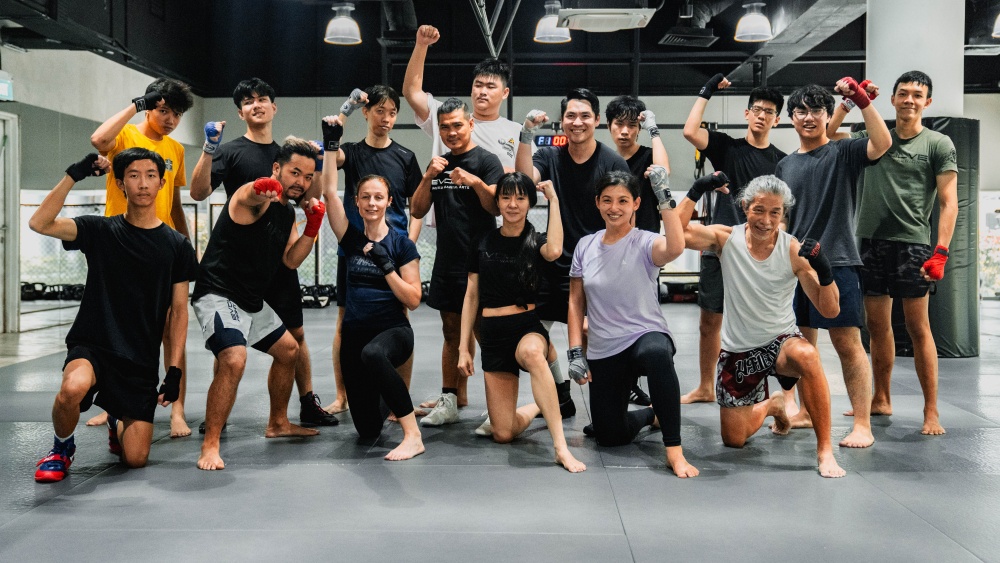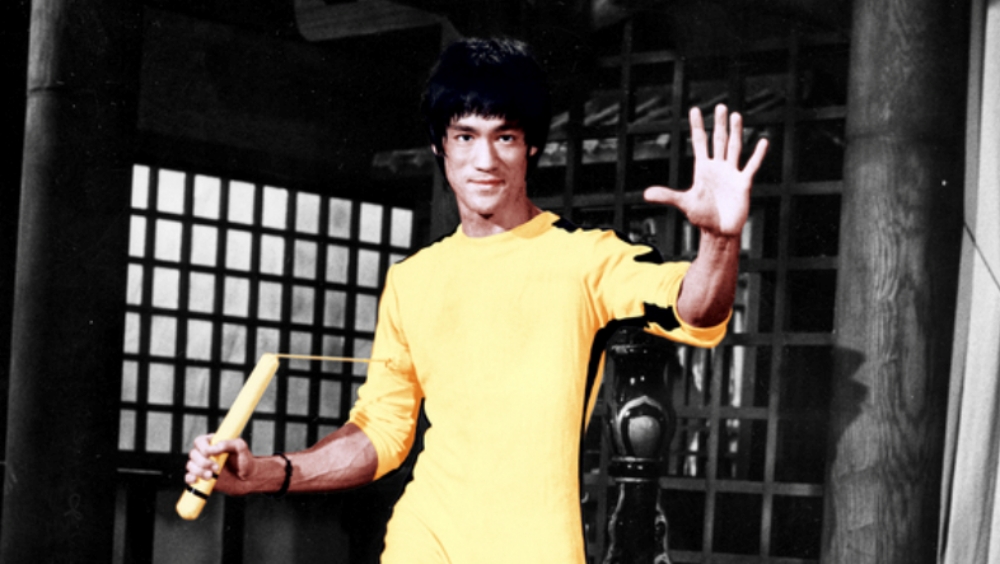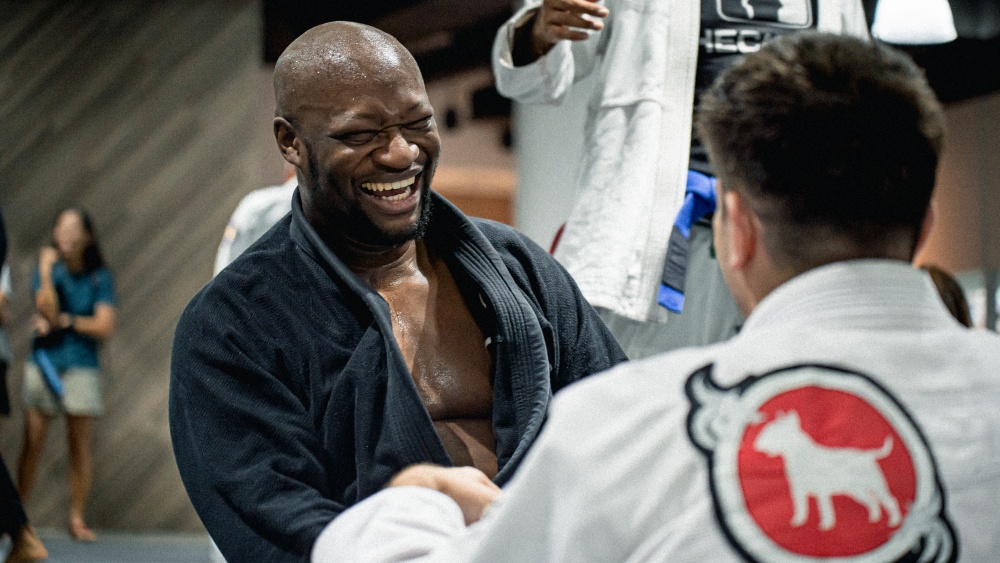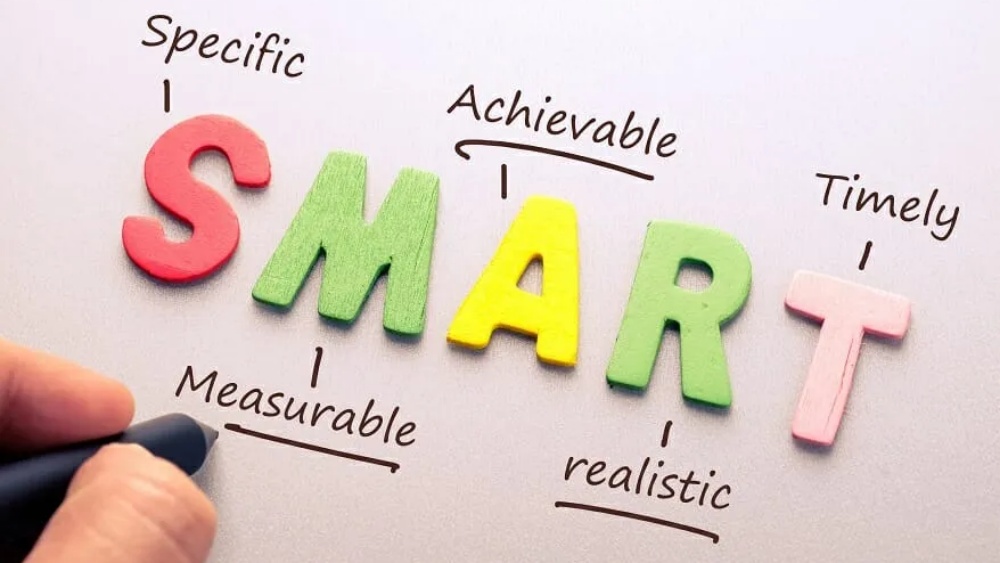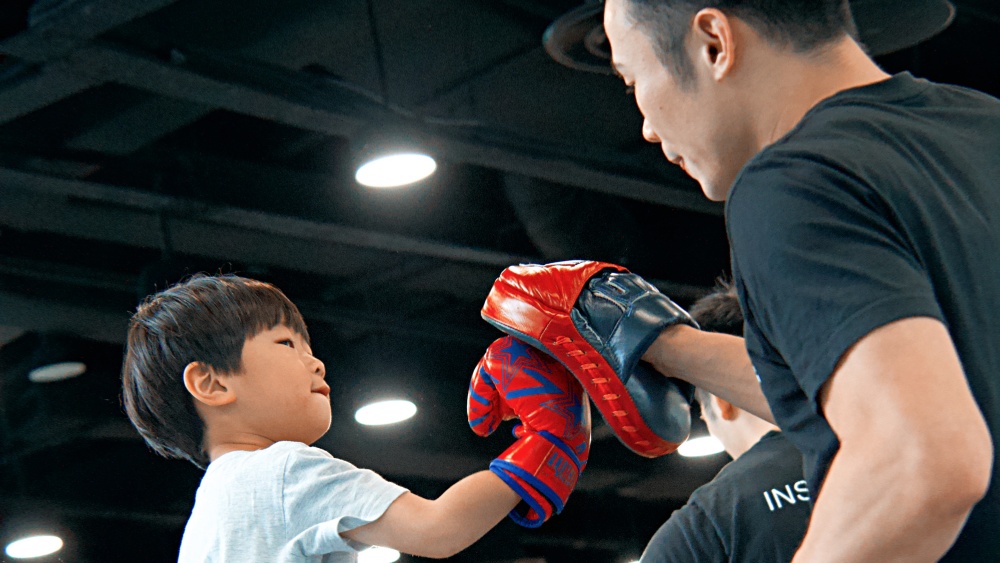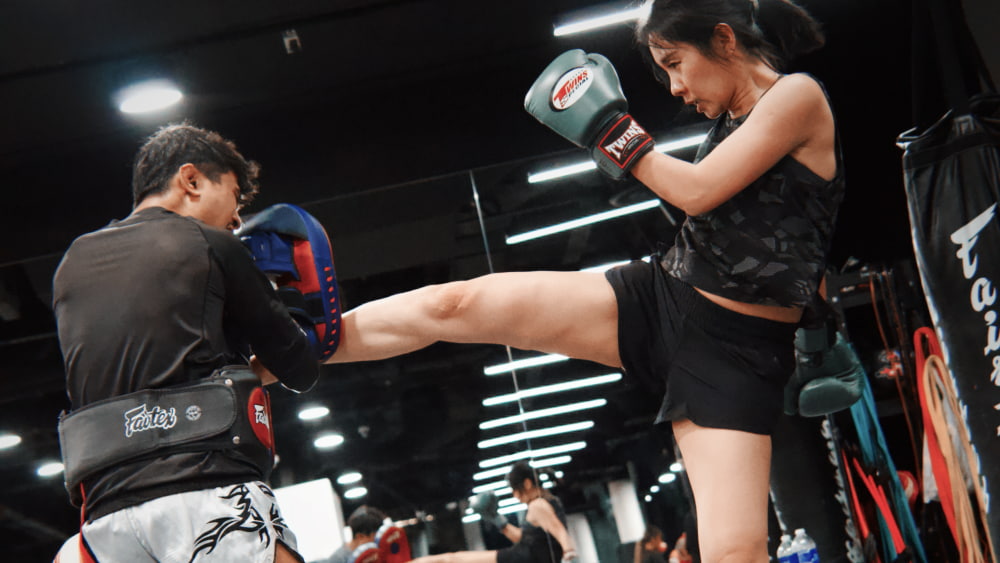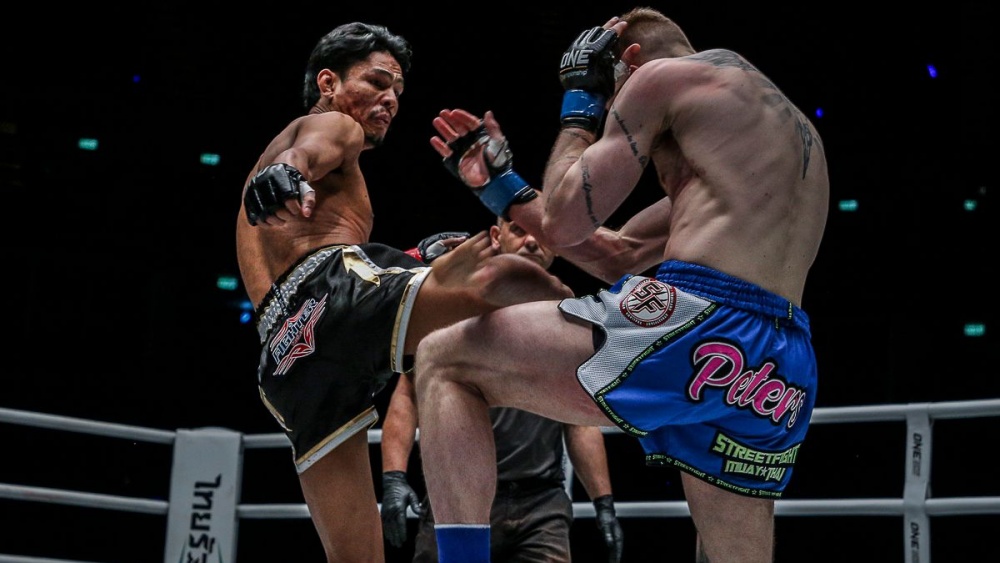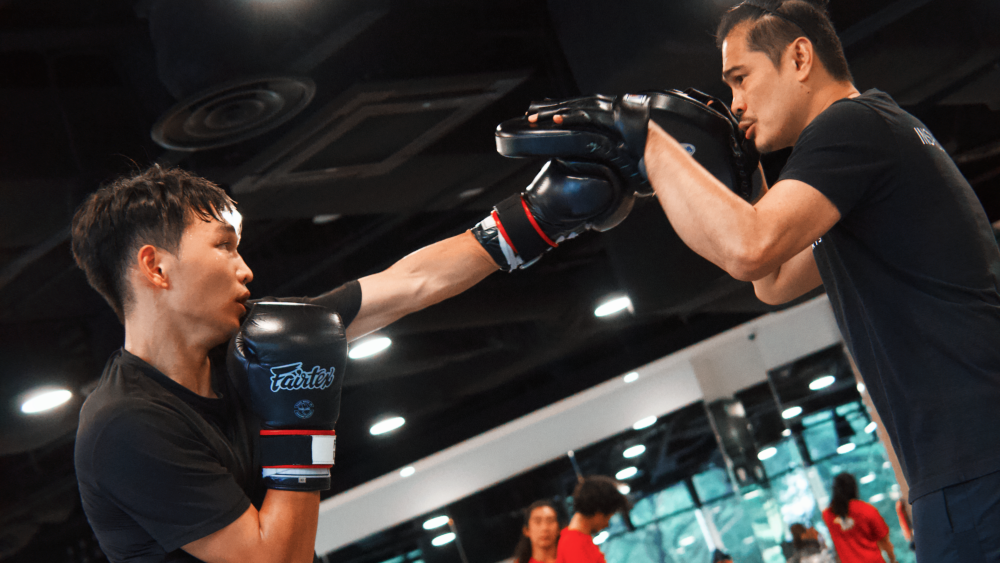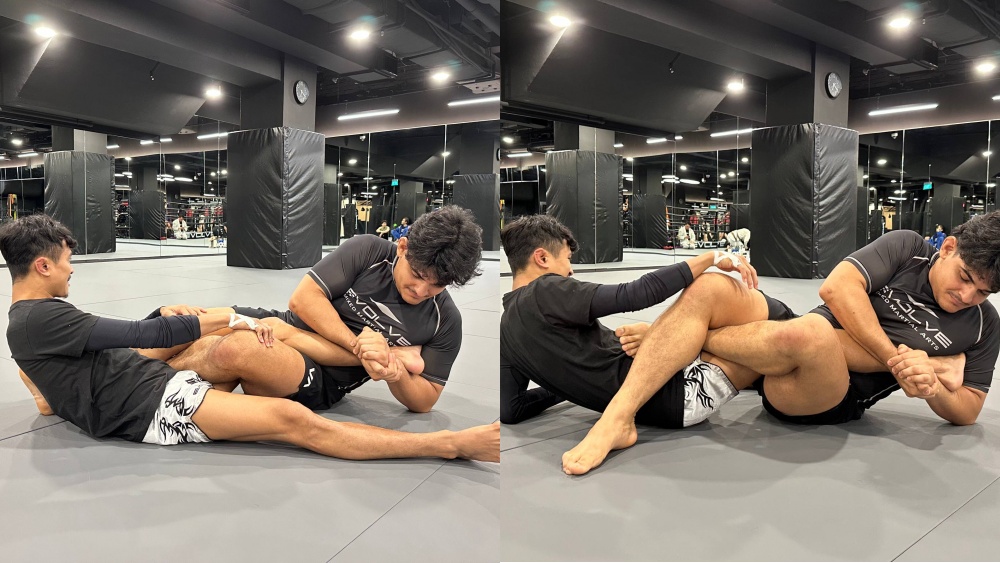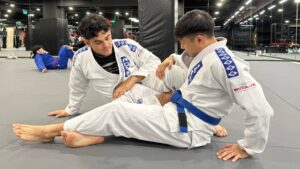Competing is a huge part of martial arts. It gives you a chance to compete against different martial artists from different schools who might have a different approach to how your gym does things. It allows you to assess your skills compared to other similarly ranked martial artists.
Unlike your training partners, opponents you will face in competition have no idea of what you are really good or bad at and vice versa. This means you will have to analyze your opponent during your match and come up with an appropriate strategy to beat them.
In addition, more eyes are on you during a competition, and that brings its own set of challenges. You might find yourself intimidated by the size of the audience, or you might simply be terrified by the idea of having strangers critiquing your technique.
Think of martial arts competition as a higher level of sparring. All the challenges you have to deal with during competition only make you stronger as a person and a martial artist. You have a chance to overcome fears that many people have, and, most importantly, you can gain an accurate assessment of how skilled you are as a martial artist compared with others who have a similar level of training.
While winning is what most people want to achieve when they find themselves in competitive environments, it is never the main goal of entering a martial arts competition. Your primary goal is to improve as a martial artist. Regardless of whether you win or lose, many lessons can always be learned. Those who take note of these and work on what they need to improve often evolve to become elite martial artists.
Getting Ready For Your Martial Arts Competition
There are some things martial artists can do to increase their odds of success at martial arts tournaments. Let’s take a detailed look at the little things that make all the difference when competing as a martial artist:
1) Weight Management
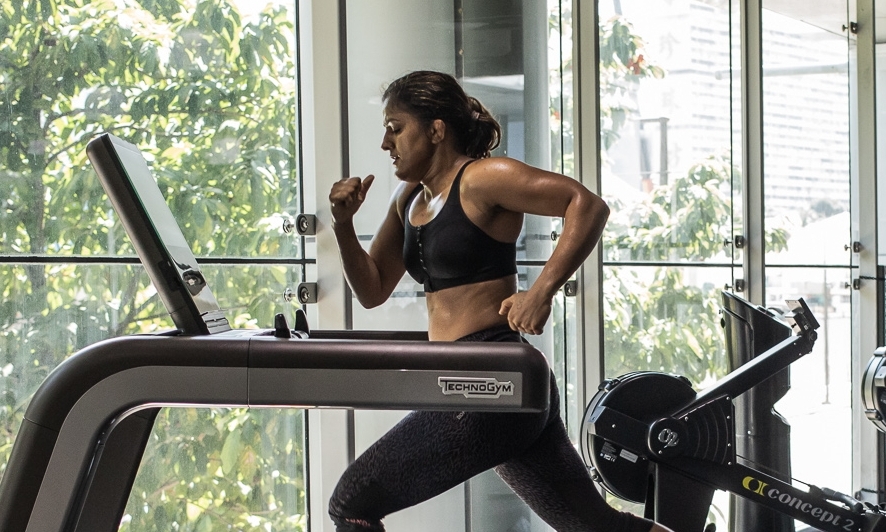
Managing your weight leading up to your competition allows you to compete in your optimal weight class. These competitions are typically broken down by weight classes and ranks, so getting leaner heading into your tournament means you get to compete in a lighter weight class.
Cutting weight is common in many combat sports. It typically involves getting rid of most of the fat on your frame and losing water weight on the day competitors are weighed and assigned to their respective weight classes.
While it might not seem obvious to those who have never competed in combat sports, most people can lose around 10 to 15 pounds of water weight in about 24 hours, and many athletes use this to their advantage.
However, some combat sports like wrestling have taken steps to prevent athletes from shedding water weight leading up to competitions by making them weigh in on the day of the tournament. That way, athletes can only cut weight by losing excess fat on their bodies leading up to tournaments. Many would say that’s the most effective way to cut weight for competitions since many top martial artists like Floyd Mayweather don’t cut water weight leading to their fights.
2) Eat The Right Foods
WATCH: 10 Foods To Burn Fat!
https://www.evolve-mma.com
Posted by Evolve MMA on Friday, June 30, 2017
As mentioned, you will likely have to make a certain weight for your competition, so be sure you eat toward achieving that goal. Avoid high-carb foods and eat more proteins, fruits, fats, and vegetables. Cutting weight by lowering your body fat is more beneficial than losing water weight the day before the tournament.
On the day of competition, eat a high-carb breakfast and be sure you take in lots of fluids that are packed with electrolytes and also eat high-carb snacks. These will give you a nice boost of energy throughout the day.
3) Set Realistic Goals
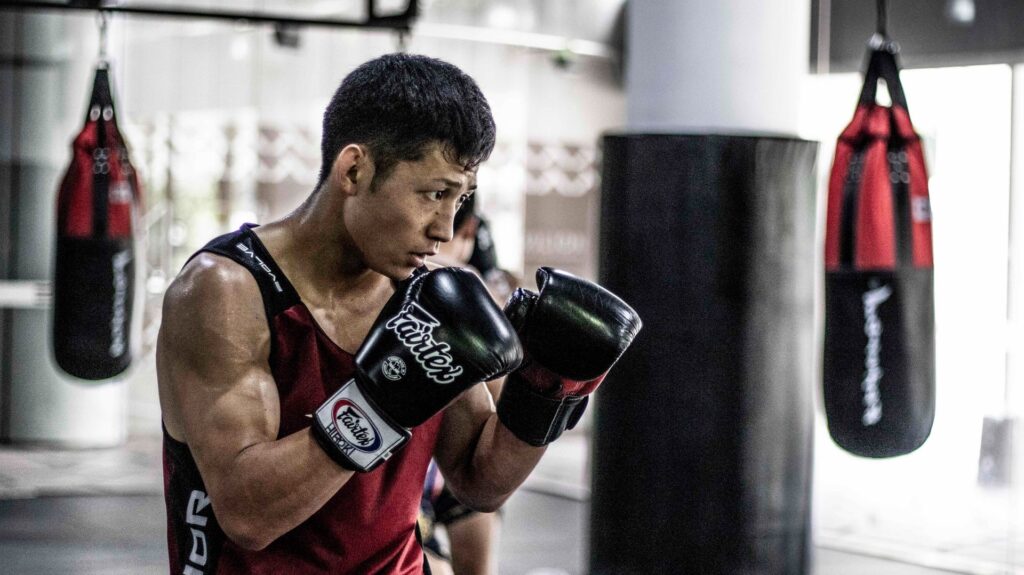
Setting realistic goals heading into your tournament is essential, so you don’t get too disappointed if things don’t go your way. If this is your first tournament, then your goal should be simply to compete and have fun. Don’t put too much pressure on yourself to win, as that can lead to poor performances.
If you’re a more experienced competitor, your goal might be to place in the top three or make it to the finals. Whatever your ambitions are, make sure they’re realistic and have a plan to achieve them.
4) Practice With The Rules Of The Tournament
Another simple thing martial artists can do to increase their odds of success at tournaments is to acquaint themselves with the rules of the tournaments leading up to it. This can be the single differentiating factor if you find yourself in a very competitive match.
Most martial arts tournaments have a point-scoring system, so knowing how to maximize your points goes a long way. For example, Brazilian Jiu-Jitsu tournaments typically award points for takedowns, reversals, sweeps, and dominant positions, plus you can also win matches by submitting your opponent. Understanding what techniques scores you the most points can give you the edge in close matches.
5) Taper Off Your Training
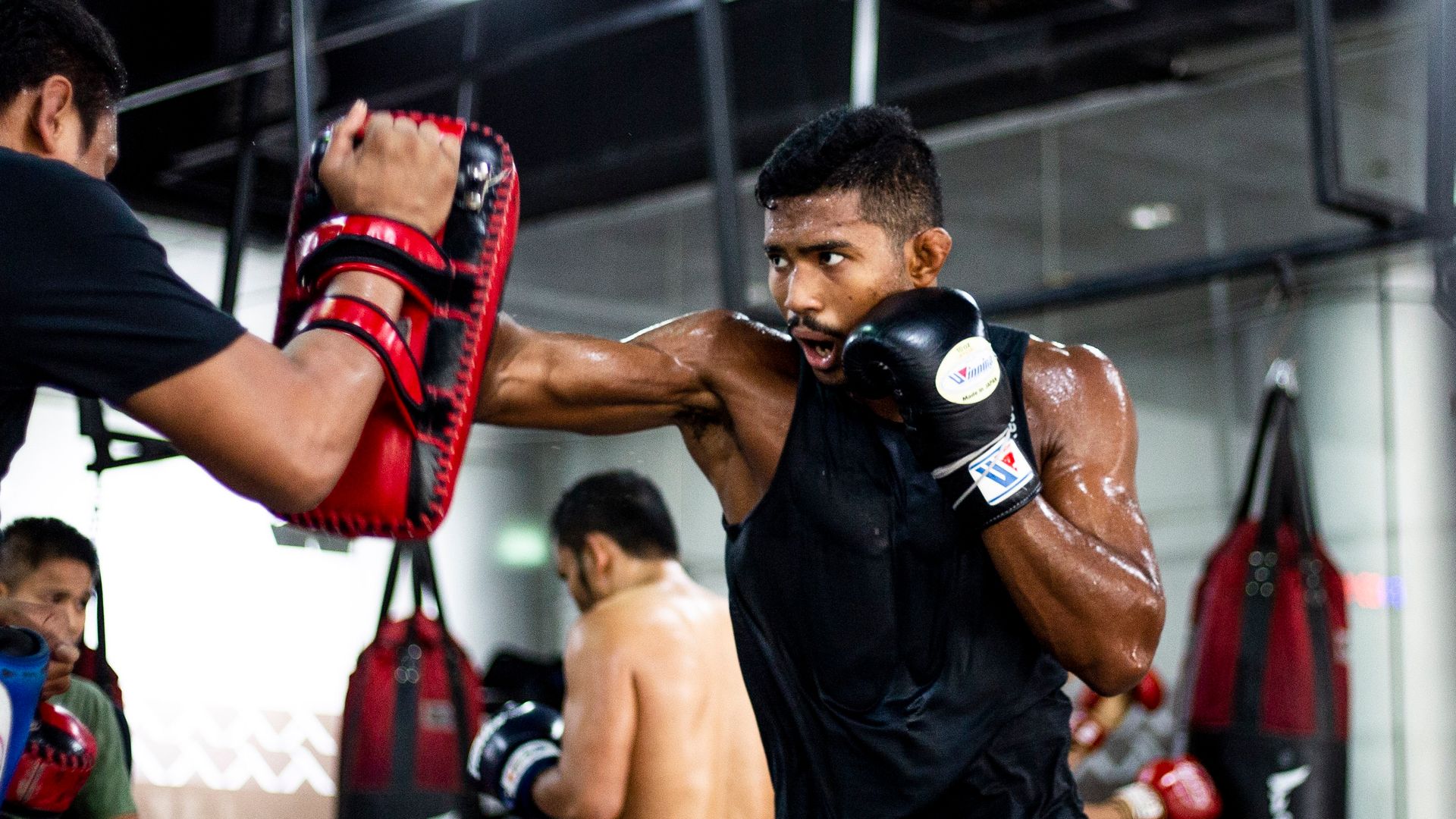
Training hard the week before a competition can end up harming your performance. You don’t want to be fatigued before the competition starts. Taking off the week before your competition can be very beneficial. It gives your muscles a chance to recoup. If you can’t resist the urge to train, make sure the training is light and avoid working out at least two days before the event.
6) Getting Enough Rest Before The Tournament

As mentioned, you’d be better off taking things slow the week of your competition to allow your body to rest and repair any damage that occurred during training. Getting enough sleep is equally important. Most people need about eight hours of sleep per night, but some might require more or less depending on their age, genetics, and training regimen. Sleep deprivation hinders physical and mental performance, so ensure you get enough quality sleep.
7) Don’t Forget To Warm-Up
Warming up properly before your matches is vital as it helps prevent injuries and gets your body loose so you can perform at your best. Warming up also helps improve your mental game as it gets you in the zone.
Many athletes have a specific routine before matches to get them physically and mentally ready. Some might listen to music, others might do visualization exercises, and others might do dynamic stretching. Find what works for you and stick to it.
8) Mental Preparation
One of the main advantages you can give yourself leading up to your martial arts competition is being mentally prepared for the big day. Especially more likely if it’s your first competition, then you are going to deal with your nerves and perhaps an adrenaline dump.
An adrenaline dump is your body’s way of preparing for fight or flight. It is a natural response when you fight yourself in tough situations. An adrenaline dump is not necessarily always bad and can actually make you faster, stronger, and more aware of your surroundings, but it inhibits your critical thinking ability and drains your energy.
The purpose of an adrenaline dump is to give you a minute of superhuman strength to attack the threat you are facing or run for safety. It is what makes it possible for a 50 kg woman to fight off and win against attackers who are trying to harm her child.
The problem with an adrenaline dump begins when it starts to wear off. The super strength and speed it gives you comes at the price of energy and makes most people feel completely exhausted after having one. You might also experience physical symptoms during and after your adrenaline dump, such as the following:
- Sweaty palms
- Nausea
- Uncontrollable laughing or crying
- Freezing up during matches
One of the most important things you can do in dealing with an adrenaline dump is realizing that it will likely occur when you compete. You need to realize that martial arts competition is not a life or death situation.
Once these things are in proper perspective, it becomes easier to realize that the only thing that is making you fearful as your match approaches is your ego. Unlike other sports where you can easily blame a loss on teammates or the coach, martial arts is an individual effort. You can’t even blame a loss on your opponent being too skilled or too big since you are competing against someone who is in the same weight class and has the same amount of experience that you do.
Your performance on the mat and in the ring is what determines the outcome. That can be very frightening for many people. An adrenaline dump is a fear-based reaction, so it is the fear of losing that is ultimately the cause of it for most martial artists.
The best way to deal with your ego when getting ready for martial arts competition is to realize that you have no control over the outcome of the match. All you can control is your performance. Your weight class might be full of mediocre competitors, making it easier for you to win the gold medal, or you might end up in a division that is filled with talented martial artists.
Winning a gold medal against weak competition does not mean you are a great martial artist, and losing to talented martial artists does not mean that your skills are not up to par. If anything, losing to talented fighters gives you a richer experience since it allows you to compare yourself with the best of the best and determine the weaknesses you need to work on.
9) Be Flexible
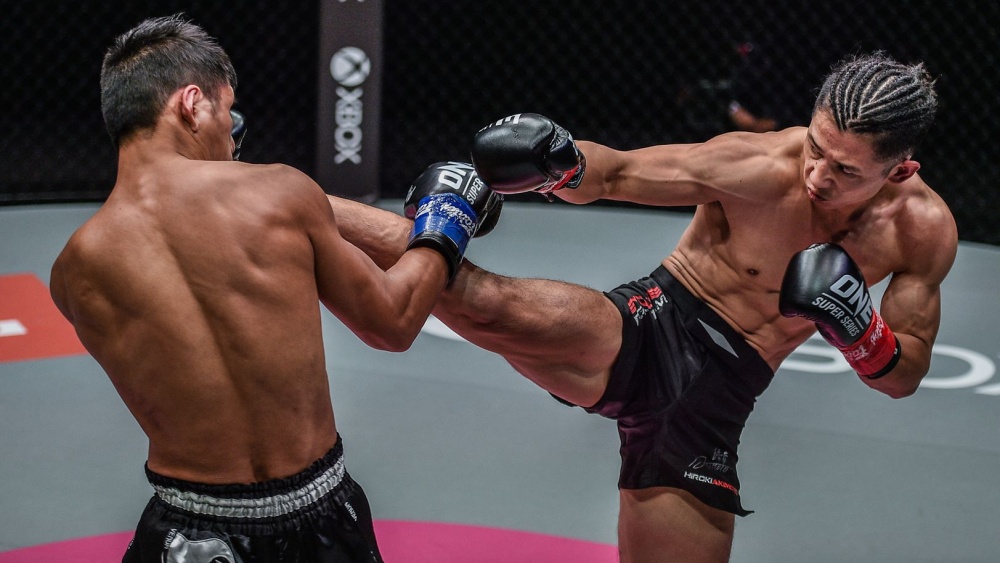
No matter how prepared you are, things might not go your way during a tournament. You might get thrown off by a last-minute change in the rules, or you might run into an opponent who’s much better than you anticipated. It’s crucial to be flexible and adjust on the fly.
If your game plan isn’t working, don’t be afraid to switch things up. Sometimes all it takes is a slight change in strategy to lead to success. The most successful martial artists are the ones that can make adjustments on the fly and adapt to their opponents.
10) Analyze Your Performance
After the tournament is over, it’s important to analyze your performance and see what you did well and what you need to improve on. This will help you set goals for your next tournament and make the necessary changes to your training.
One way to do this is by recording all your matches. This way, you can go back and watch them with a coach or training partners and get their feedback. Another way to analyze your performance is by keeping a journal. Write down how you felt before and after each match. This will help you identify any mental blocks you need to work on.
Preparing for a martial arts tournament takes time, dedication, and hard work. But if you follow these tips, you’ll be on your way to success. Remember to have fun and always give it your best effort.
You may also like:
